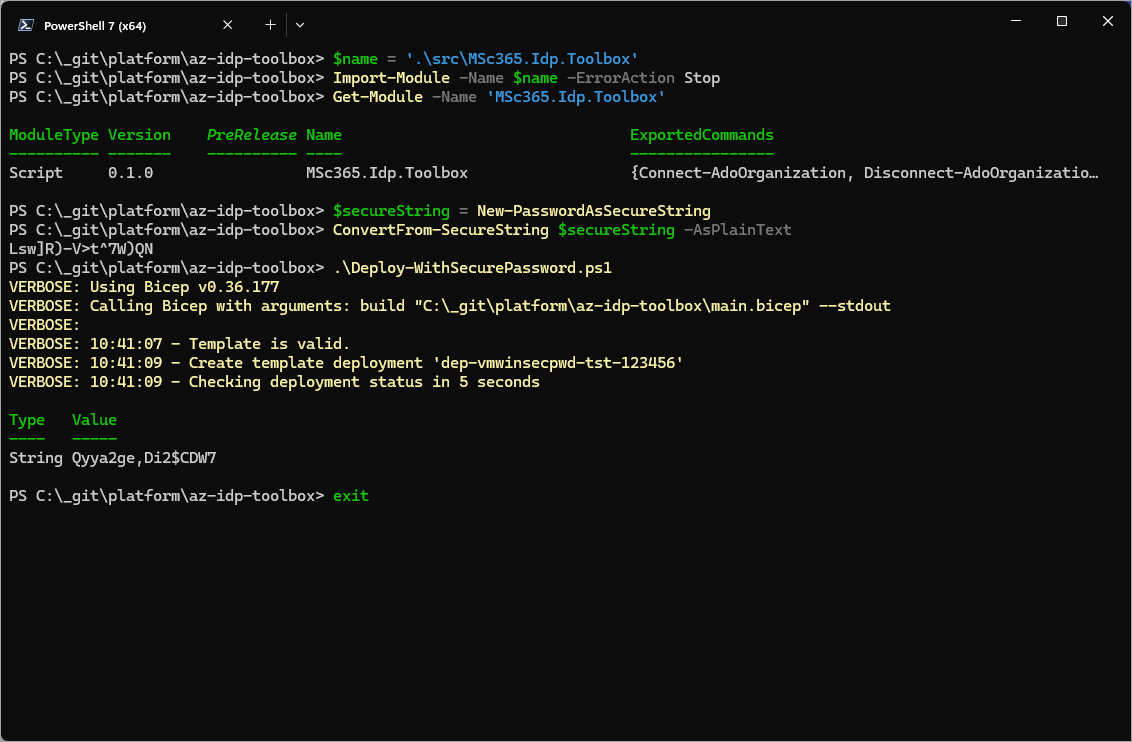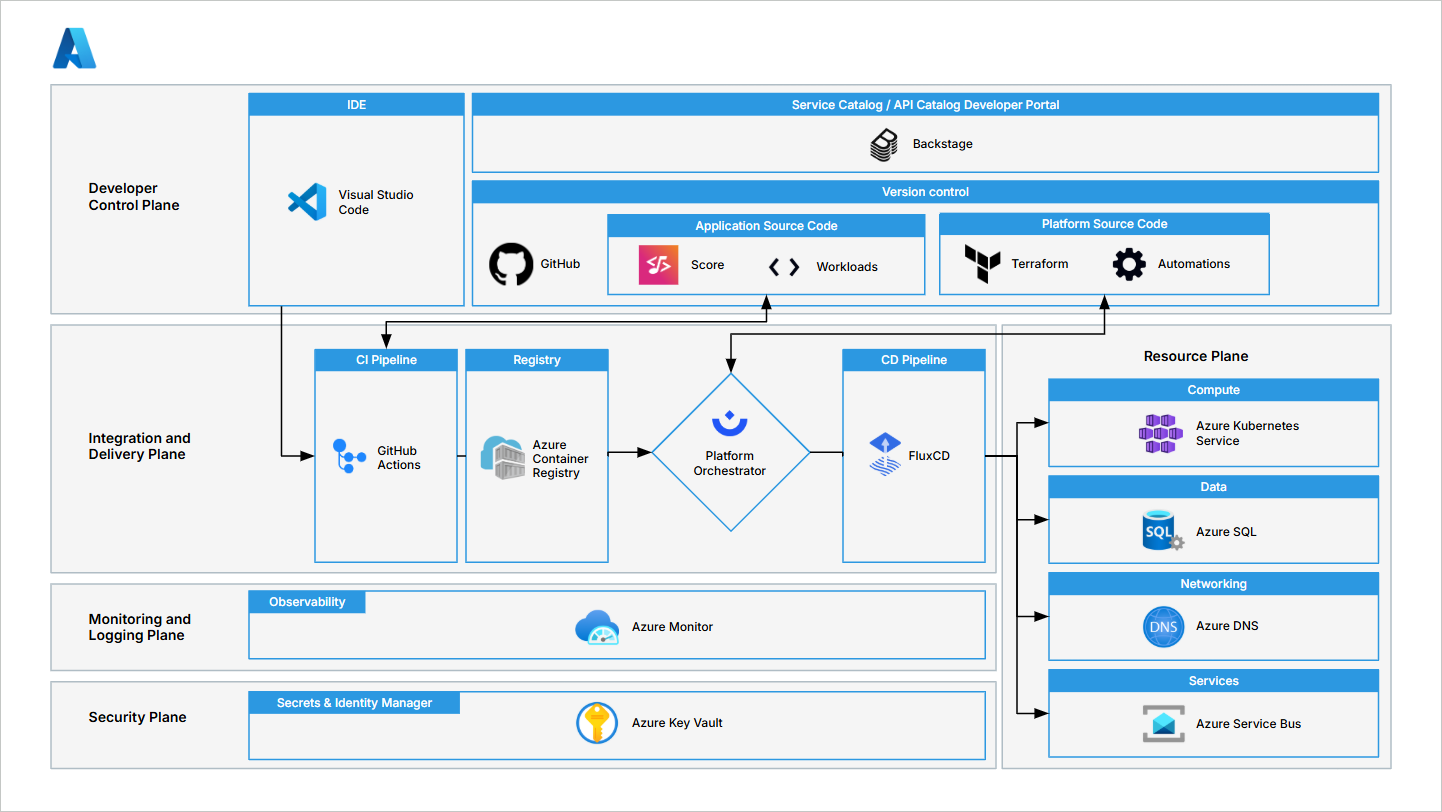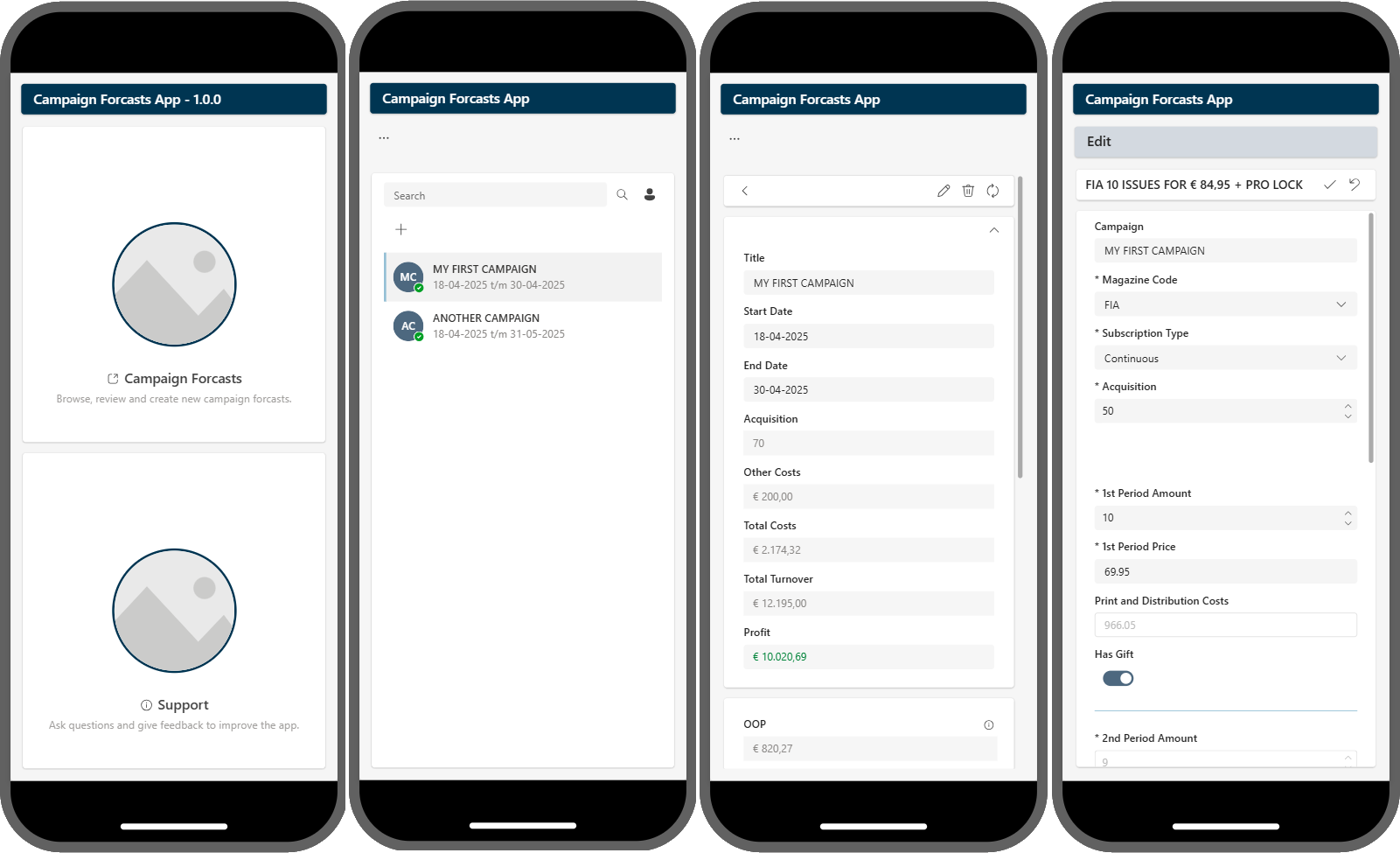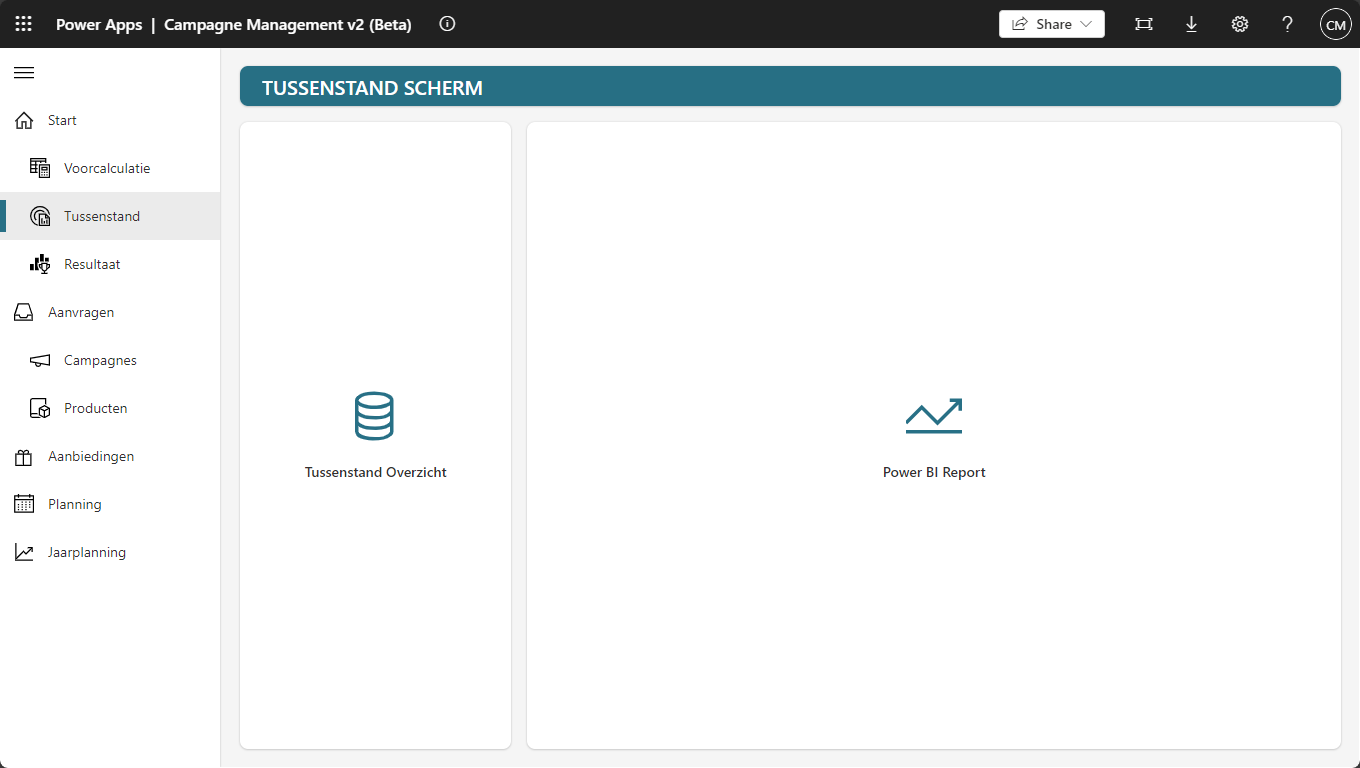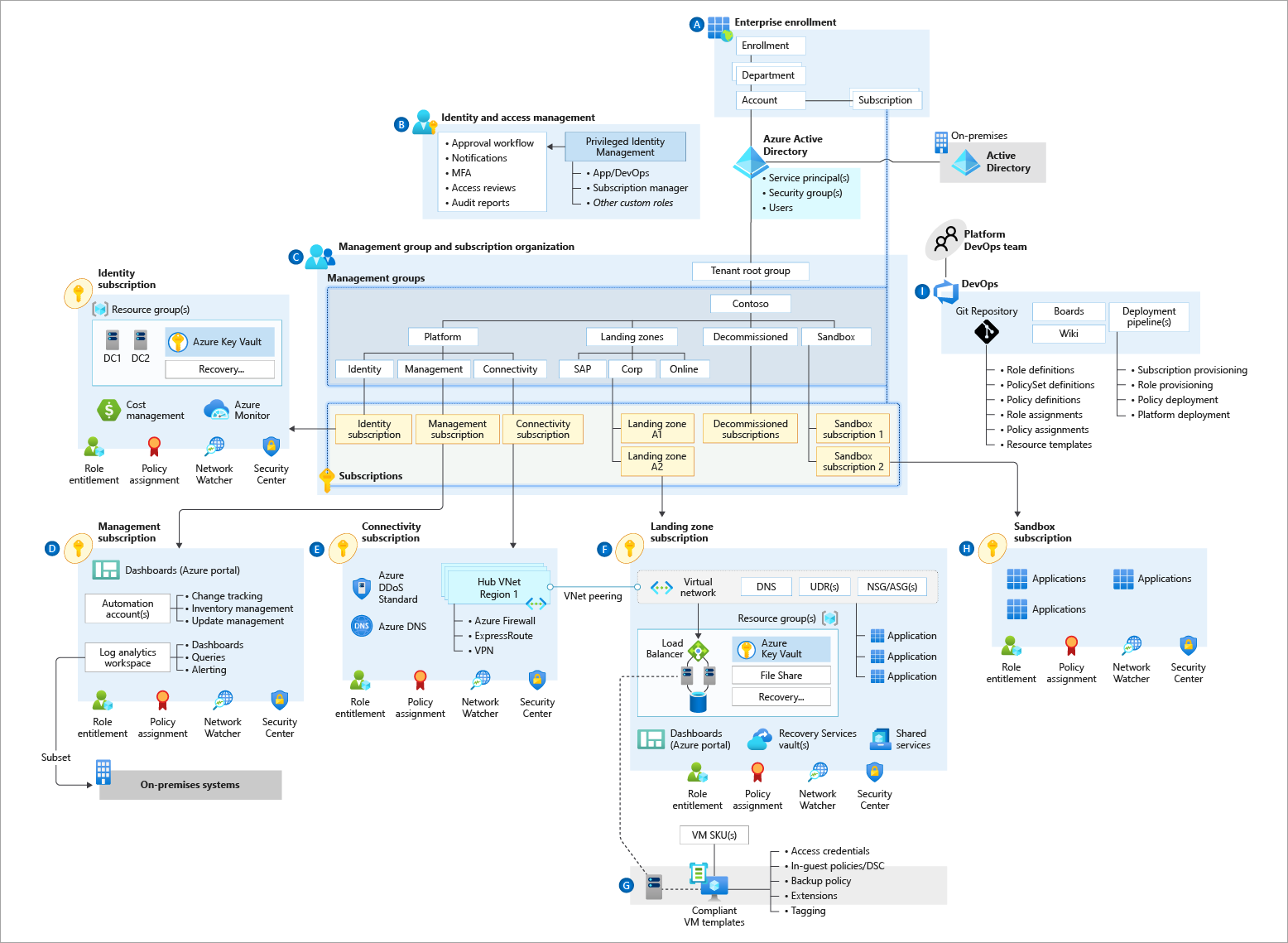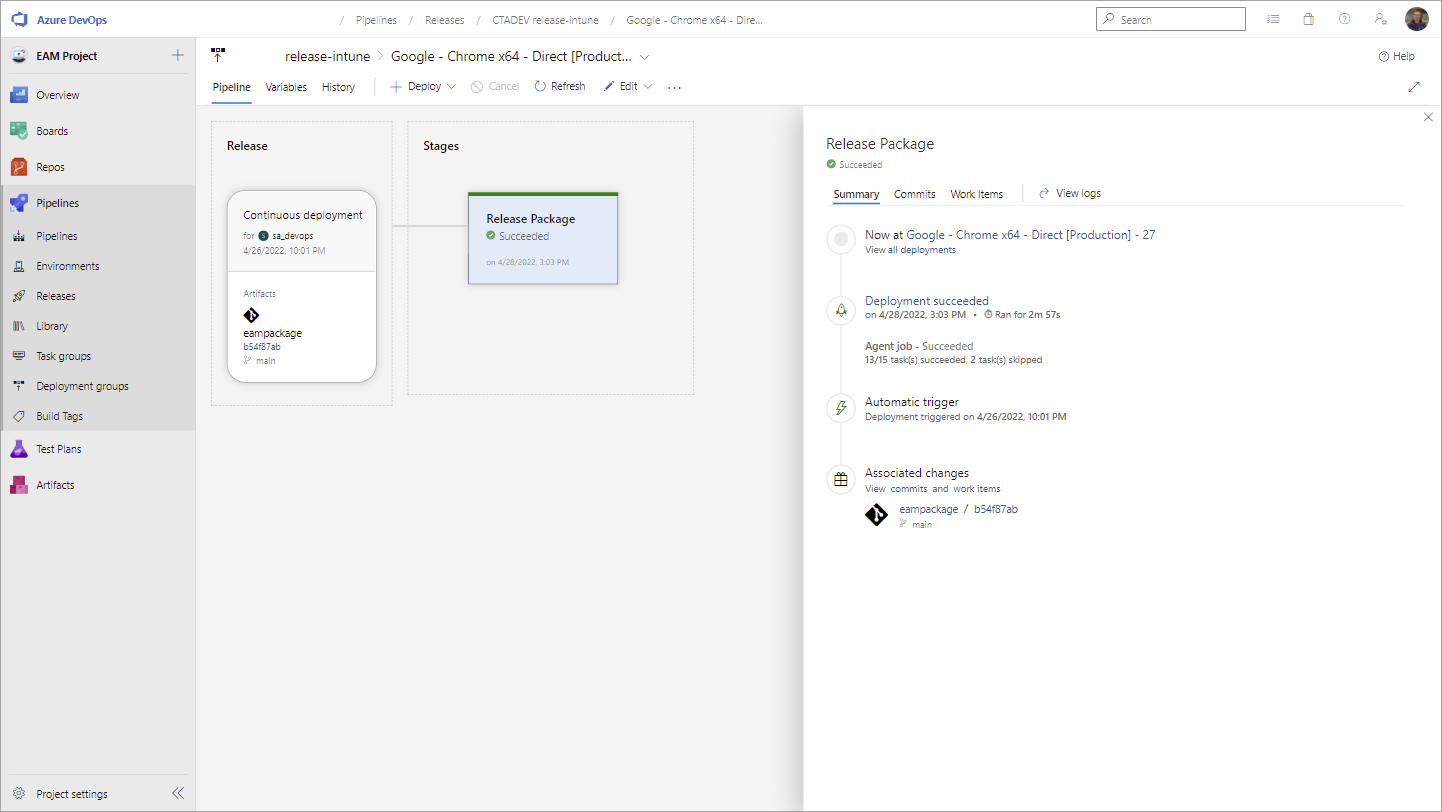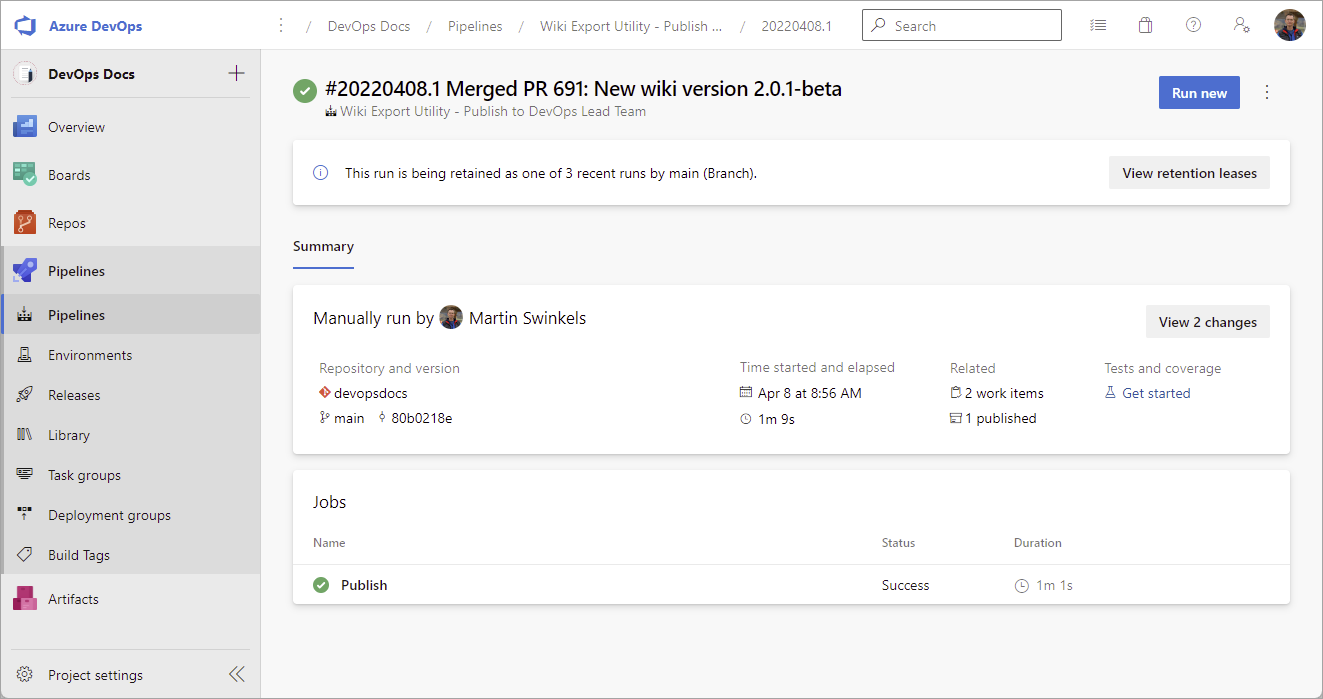-
When deploying Azure resources that require instant secure password generation (such as Virtual Machines, SQL Databases, or Key Vault Secrets), it’s crucial to generate strong, random passwords programmatically. A custom PowerShell module could provide a function with secure password generation capabilities. In this post I will break down the usage of a custom PowerShell module named
MSc365.Idp.Toolbox. -
This week I started to join a 5-week live course to sharpen my skills in platform engineering. It’s provided by Platform Engineering University and focuses on building Internal Developer Platforms (IDPs) using proven frameworks and tools. This isn’t a passive video course. It’s hands-on, with live sessions, homework, and real-world tasks. The goal is to learn how to design and build platforms that developers actually want to use.
-
Recently, I had the pleasure of delivering a new Power Apps solution to another satisfied customer. This blog post will walk you through the key features and benefits of this custom-built application. By focusing on cost-efficiency, seamless data interaction, user-friendly low-code logic, responsive design, and independence from IT department involvement, I created a solution that not only meets but exceeds customer expectations.
-
The custom user-defined functions discussed in this article map abbreviations to both resource and resource provider namespaces. These functions adhere to the abbreviation recommendations for Azure resources. By following these guidelines, you can ensure consistency and clarity in your Azure resource naming conventions, which is crucial for maintaining organized and easily manageable environments.
-
Currently there is not a direct way to validate if
Diagnostic Settingsis enabled to aManagement Groupin the Azure Portal, Azure CLI or PowerShell. For anyone who needs to check or smoke test a deployment, I wrote the following PowerShell function that will make a REST API call using PowerShell. -
I would like to announce that I have been awarded an exciting new opportunity and that I will be delivering the following key services:
-
I am immensely proud to announce that a Microsoft ISV (Independent Software Vendor) in the Netherlands awarded me a hiring contract to deliver business value and share my knowledge with the internal Microsoft Azure team.
-
I’m excited to announce that I have secured my first assignment as a freelancer! Together with the Architecture & Development team, we will be transforming the organization’s way of working by implementing Infrastructure as Code (IaC) using Bicep. This collaborative effort will replace their current PowerShell-based method for deploying resources to Azure, fostering teamwork and shared success.
-
For this project I worked together in a team to redesign the way EAM was build and operating. My primary role was to create new ideas on how to develop a more robust, resilient and self-serviced solution. The main purpose for the Endpoint Application Management (EAM) plugin is to fill the gap between deploying applications from Microsoft Intune and keeping them up to date.
-
For a customer project I enhanced a community developed tool, to publish an Azure DevOps Wiki outside Azure DevOps for team members such as Stakeholders, who do not have access to code repositories. This utility converts an Azure DevOps Wiki to a PDF file, publishes it on SharePoint Online with a CI/CD pipeline, and makes it available through Microsoft Teams.
- •
- 1
- 2

